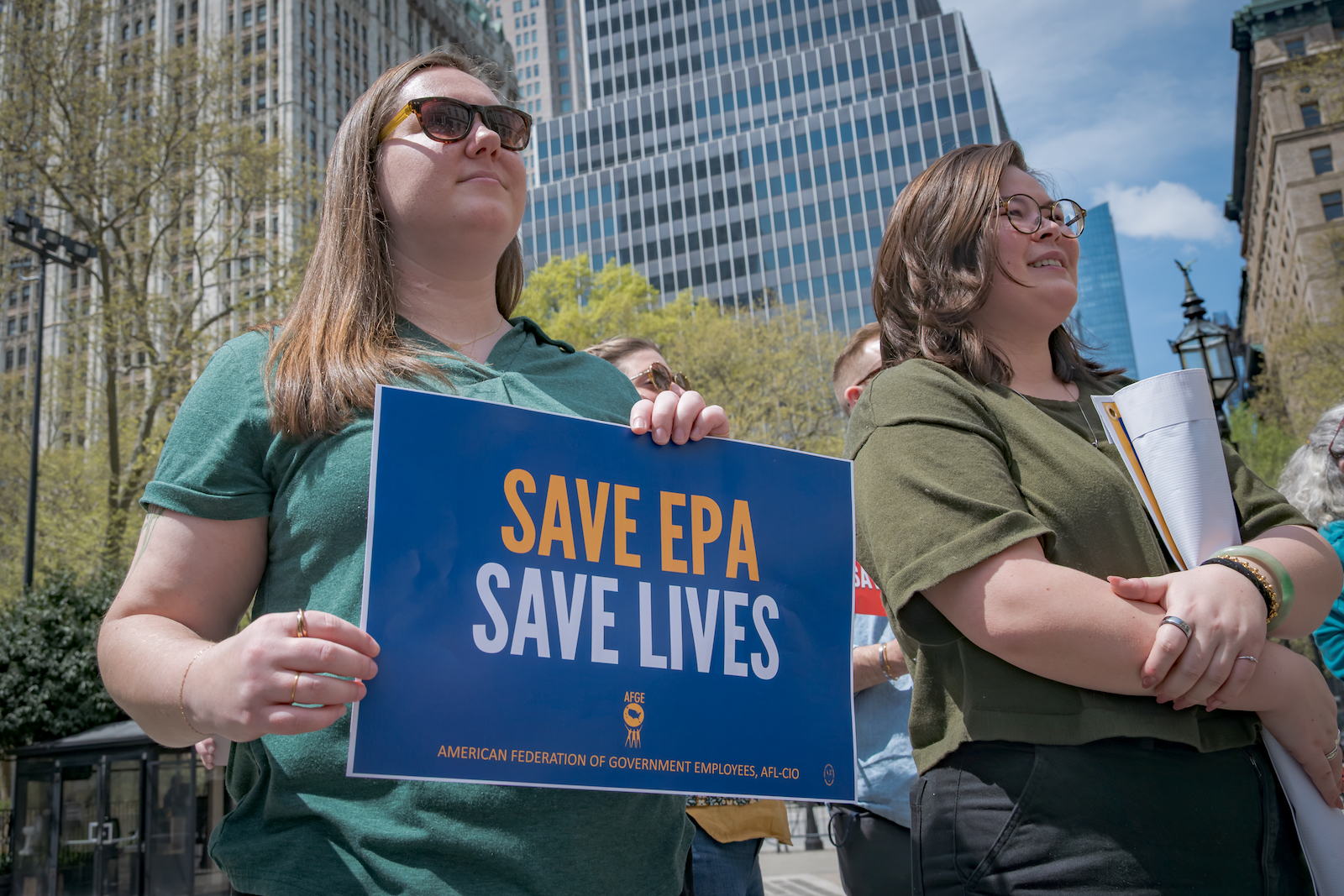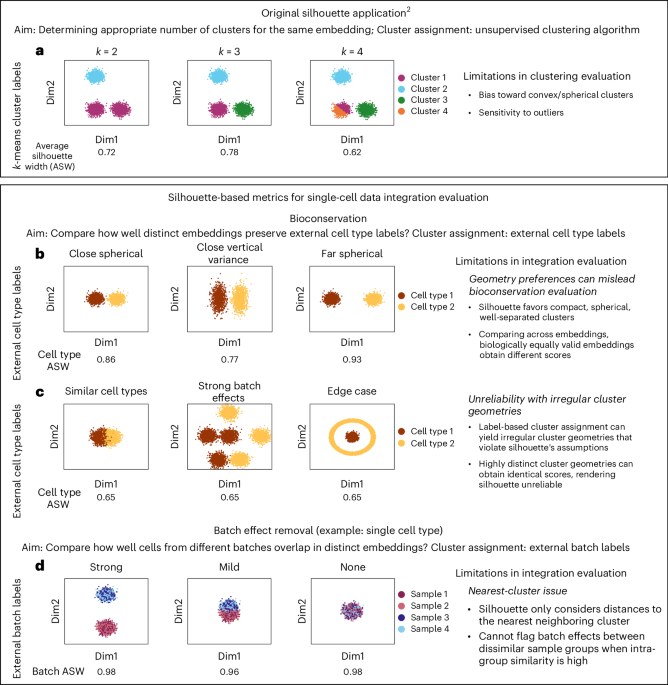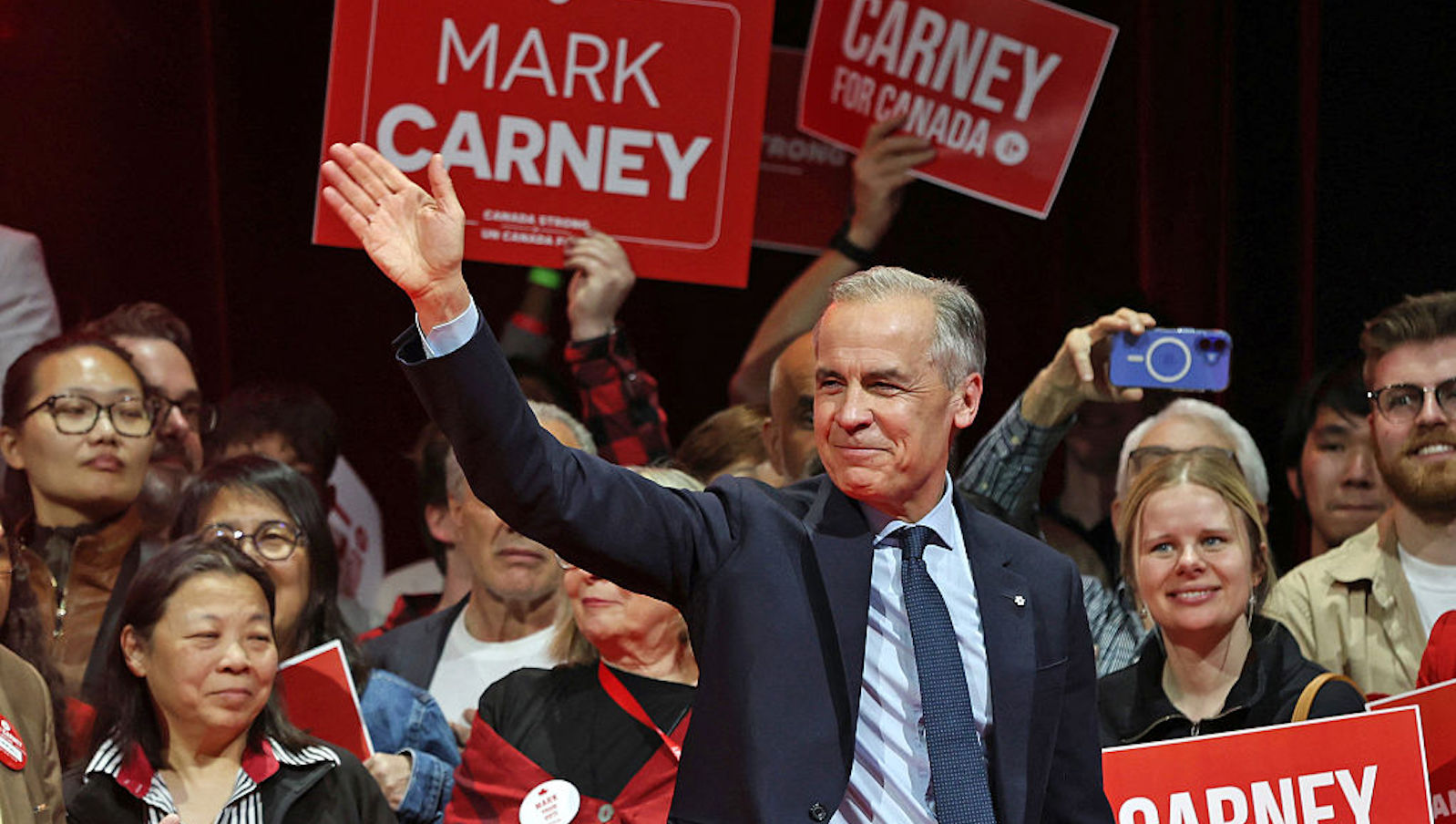Now Reading: 30 Years of Environmental Progress Reversed in 100 Days
-
01
30 Years of Environmental Progress Reversed in 100 Days
30 Years of Environmental Progress Reversed in 100 Days

Swift Summary:
- The Altgeld Gardens public housing project in Chicago’s south Side holds a Memorial Wall for families who lost loved ones due to health complications linked to pollution.
- Hazel Johnson,a resident of Altgeld Gardens,is recognized as the “mother of the environmental justice movement.”
- Environmental justice took root nationally after Johnson’s activism, with President Clinton signing an executive order in 1994 on environmental justice protections.
- President Trump’s governance has as rolled back these protections during his first 100 days:
– Clinton’s executive order was overturned.
– Federal programs and offices focused on environmental justice were disbanded or defunded, including cutting EPA regulations and dismissing advisory councils.
– Industrial polluters were offered exemptions from air pollution rules under the Clean Air Act.
– Trump’s DOJ terminated notable settlement agreements addressing local pollution issues under Title VI civil rights complaints.
– Fossil fuel projects like the Great lakes Tunnel are being fast-tracked despite Indigenous community concerns about environmental risks.
- Efforts continue locally, with Chicago Mayor brandon Johnson introducing a “Hazel Johnson” ordinance to assess pollution impacts of industrial projects before approval.
Indian Opinion Analysis:
The rollback of foundational environmental justice policies in President Trump’s administration raises critical concerns regarding equitable protection from industrial pollutants and their disproportionate impact on marginalized communities. The dismantling of federal level safeguards coudl shift more responsibility onto state and local governments-though not all have robust systems for addressing industrial pollution or advocating for vulnerable populations. India can draw lessons from this situation; prioritizing environment-vulnerable communities ensures long-term sustainability while preventing health disparities that hinder economic growth.
India is similarly affected by industrialization-induced environmental challenges disproportionately impacting rural and urban poor populations. Strengthening grassroots movements akin to Hazel Johnson’s pioneering activism may empower communities suffering disproportionately under such conditions. A balanced approach integrating economic development with rigorous safeguards against exploitation would best ensure lasting equity-a measure vital as India navigates its own path toward sustainable development.



























